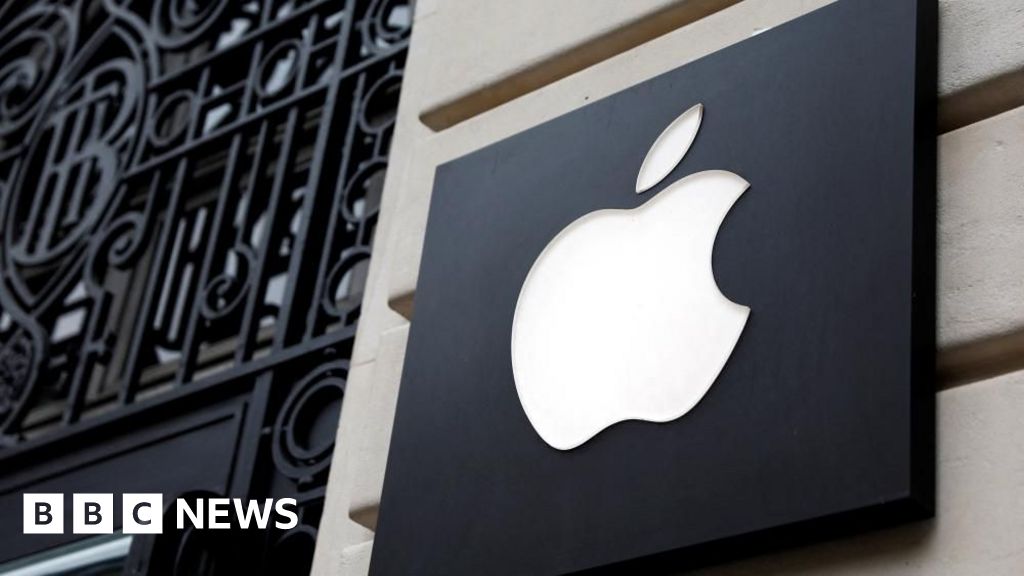Apple's Legal Showdown: Tech Giant Faces Potential Criminal Contempt Probe

In a landmark decision that sent shockwaves through the tech industry, Apple faced a significant legal challenge in 2021 that would fundamentally reshape its App Store ecosystem. The ruling compelled the tech giant to break down its long-standing barriers and introduce greater competition by allowing developers to explore alternative payment options beyond Apple's tightly controlled system.
This groundbreaking directive represented a major shift in how mobile app marketplaces could operate, potentially opening the door for developers to bypass Apple's traditional commission structure and offer more flexible payment methods directly within their applications. The decision challenged Apple's previously unassailable control over in-app transactions and signaled a new era of digital marketplace fairness.
By mandating these changes, regulators aimed to create a more level playing field, giving developers more autonomy and potentially reducing costs for consumers. The ruling was seen as a critical step toward promoting innovation and preventing monopolistic practices in the increasingly important digital app economy.
